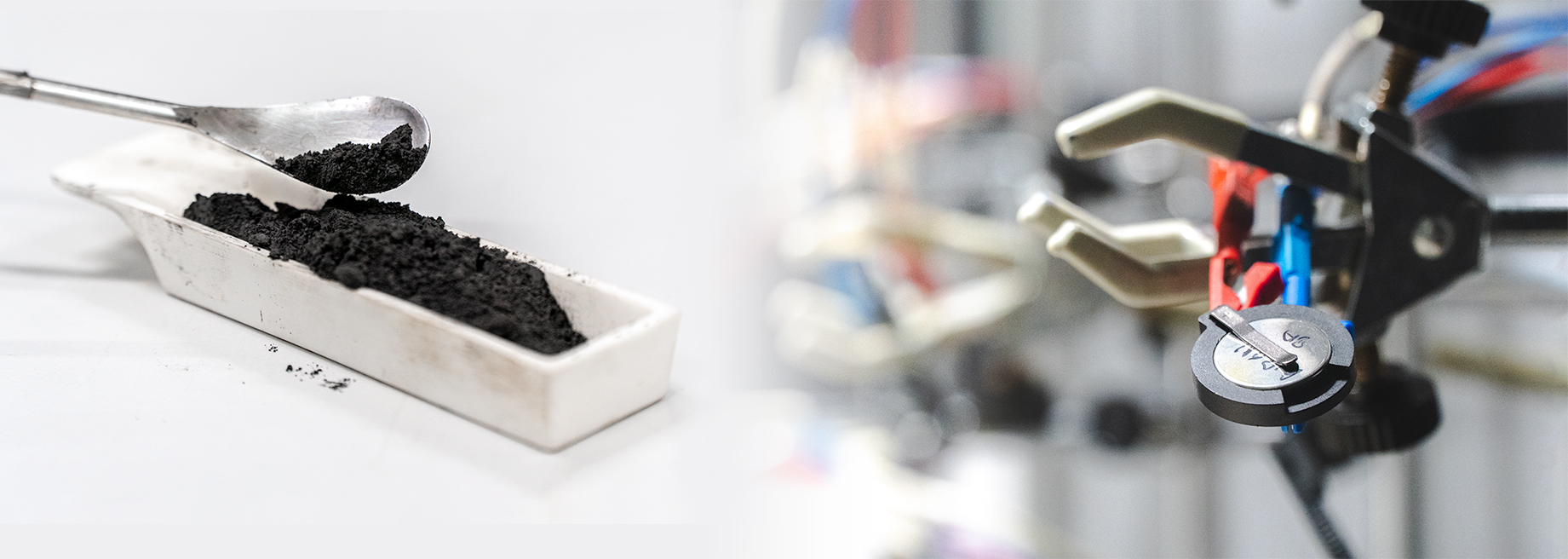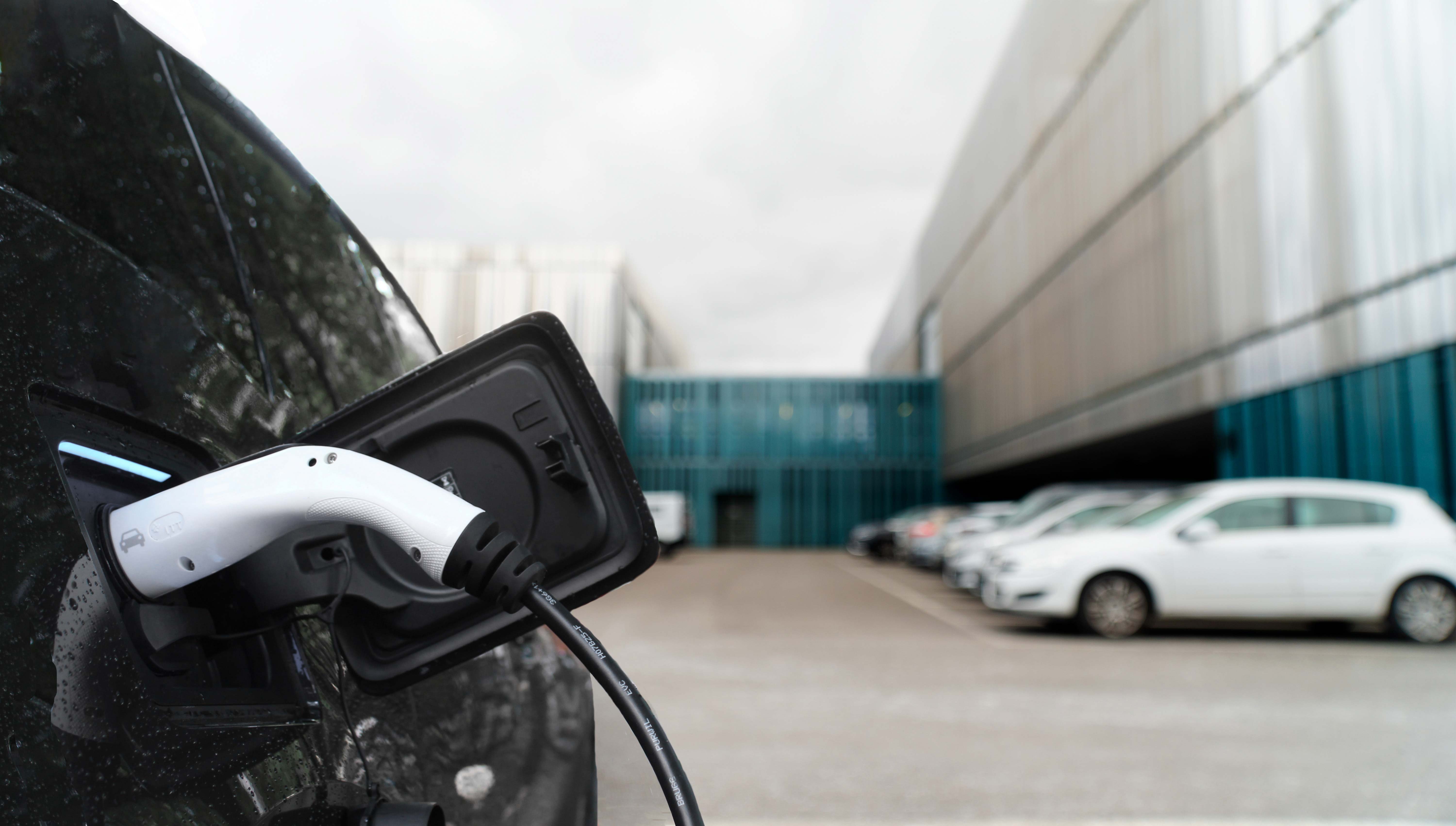From Thursday 30th January, the headquarters of CIC energiGUNE, the Basque research centre of reference in electrochemical and thermal energy storage, will host the kick-off meeting of the European project SAFELiMOVE. With a budget of around 8 million euros, the project aims to develop a lithium metal battery with solid-state electrolyte for the electric vehicle of the future that will guarantee maximum safety and efficiency.
For two days, representatives of the 15 consortium partners (14 from Europe and one from Canada) will meet in Álava to discuss how to take this initiative forward. The project has been included in the EU Horizon 2020 call for proposals. As the project leader, CIC energiGUNE will coordinate the entire research process and will also be responsible for developing an innovative hybrid electrolyte and analysing the behaviour of the interfaces.
The project is linked to one of the main strengths of the Basque research centre, namely solid-state batteries. CIC energiGUNE is benchmark in Europe in this field, a status which has been achieved thanks to the work of Dr. Michel Armand and his team. Dr. Armand, who was recently recognised by Stanford University as the top scientist in the field of energy in Spain, shares patents and research with two of the winners of the 2019 Nobel Prize for Chemistry - John Goodenough and Stanley Whittingham - and is considered by the international scientific community as the "next great father of the batteries of the future".
The importance of the Basque research ecosystem in this project is also endorsed by the presence of two other members of the BRTA (Basque Research & Technology Alliance), namely Cidetec and Ikerlan. The overall budget of the three BRTA members in this project is 1.9 million euros.





